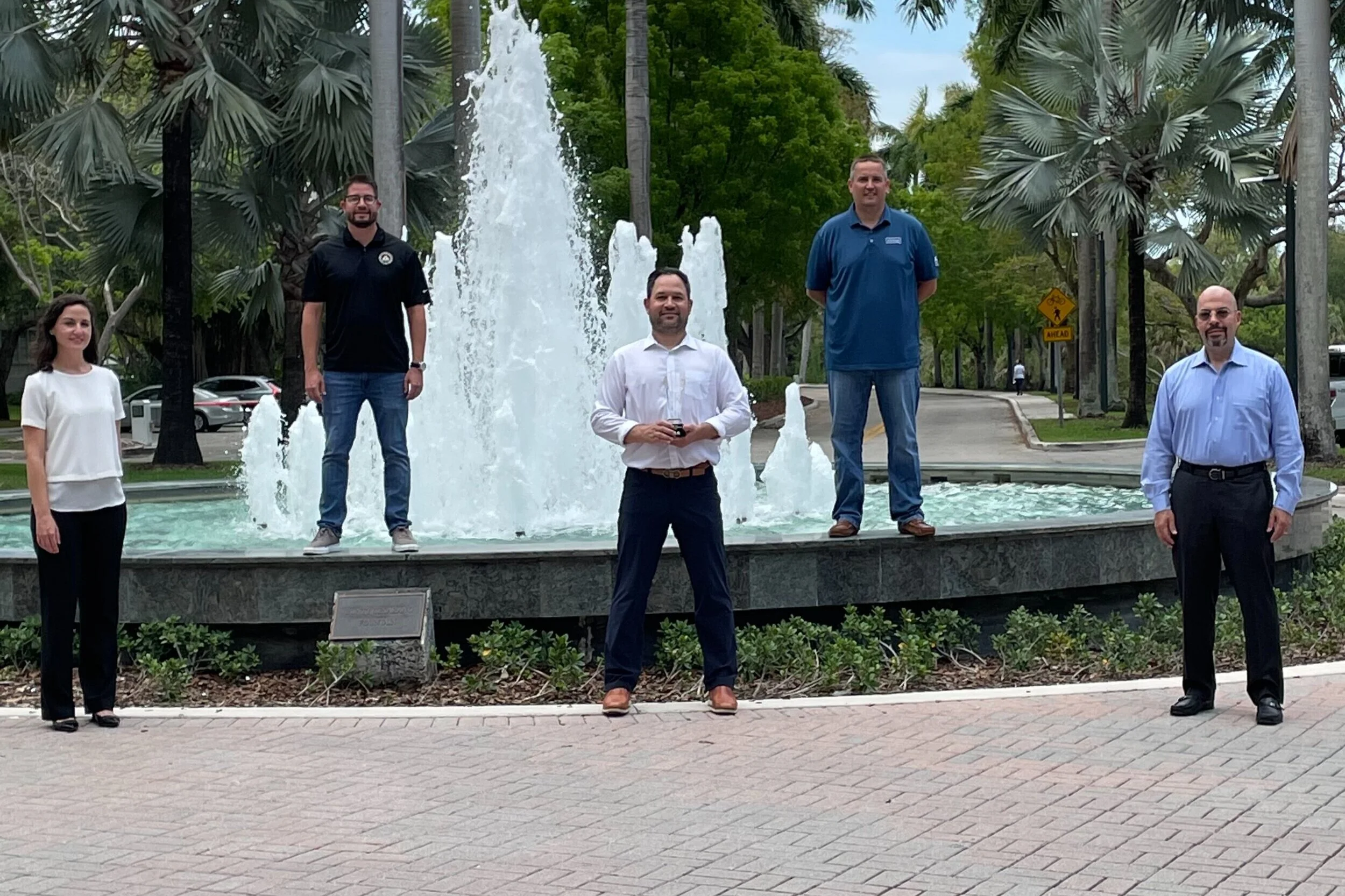When you think of a fortune teller, you may picture an older woman with a scarf on her head hunched over a crystal ball or a man sporting impressive facial hair and lots of rings shuffling a deck of tarot cards. Regardless of how you picture this hypothetical fortune teller, you likely are already judging them through a skeptical lens. Fraud examiners tend to be skeptical by nature, and people who read palms, purport to talk to dead family members or promise any sort of glimpse into the future seem to promise the impossible. However, the way that fortune tellers use cold readings in their practices can have many similarities to how anti-fraud professionals approach fraud risk assessments.
In his session, “Fraud Precognition: Crystal Balls, Tarot Cards, and Other Risk Management Tools,” at the 32nd Annual ACFE Global Fraud Conference, Jack Healey, CFE, CPA/CFF, compared some fortune telling techniques to common pitfalls in fraud risk assessment. Healey, the CEO of Bear Hill Advisory Group, told attendees that when approaching fraud risks, they need to ask themselves, “Am I any better than a fortune teller?”
Read More








